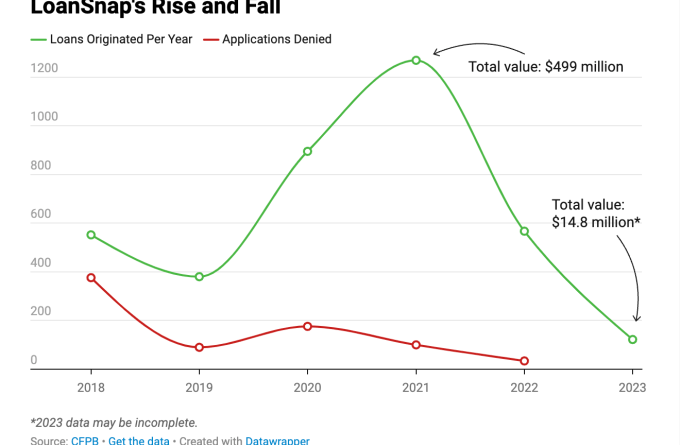Boeing has announced its first-quarter financial results, showing revenue of $17.9 billion but also recording a loss of $0.69 per share.
The company reported an operating cash flow of $0.3 billion and a free cash flow of $0.8 billion. Despite the loss, the company remains confident in its growth plans, including a production boost later this year.
Commercial airplanes were a significant factor in the Q1 revenue increase, with Boeing delivering 130 airplanes during the quarter. However, the company experienced disruptions in its supply chain, particularly on the 737 program, which impacted near-term deliveries and production. The program’s fuselage supplier notified Boeing that a non-standard manufacturing process was used on two fittings in the aft fuselage section of certain 737 airplanes.
While the issue is not an immediate safety concern, the program will perform necessary inspections and rework, affecting deliveries and production in the short term. Nevertheless, the program still expects to deliver between 400-450 airplanes this year, with plans to increase production to 38 per month later in the year.
Throughout the quarter, Boeing received orders for a total of 107 aircraft. Furthermore, the company received commitments for 190 737 MAX, 141 787, and 10 777X planes. In the same period, the company delivered 130 planes, and its backlog stood at over 4,500 aircraft worth $334 billion.
Boeing remains committed to its long-term production goals, planning to increase production to 50 per month in the 2025/2026 timeframe. The company’s backlog includes over 4,500 commercial airplanes valued at $334 billion, indicating strong demand across its key markets.
Defense, Space & Security was another significant factor in Boeing’s Q1 revenue, with the division generating $6.5 billion. However, supplier quality issues and labor instability negatively impacted the operating margin, among other challenges.
Resilience despite challenges
Boeing’s CEO, Dave Calhoun, expressed confidence in the company’s ability to navigate these challenges and continue investing in development programs to meet the demands of its customers. “We are progressing through recent supply chain disruptions but remain confident in the goals we set for this year, as well as for the longer term. Demand is strong across our key markets, and we are growing investments to advance our development programs and innovate strategic capabilities for our customers and for our future,” Calhoun said.
Boeing’s Q1 financial results demonstrate the company’s resilience despite significant industry challenges. While supply chain disruptions have impacted near-term deliveries and production, the company remains focused on its long-term growth plans, including a production boost later this year.






